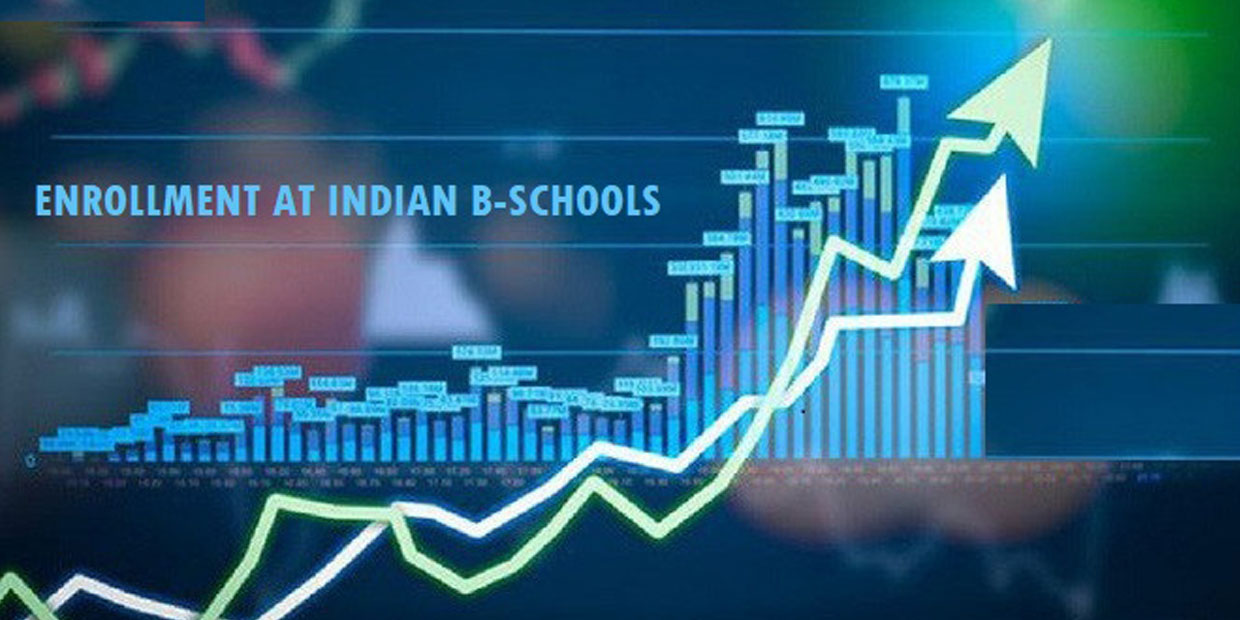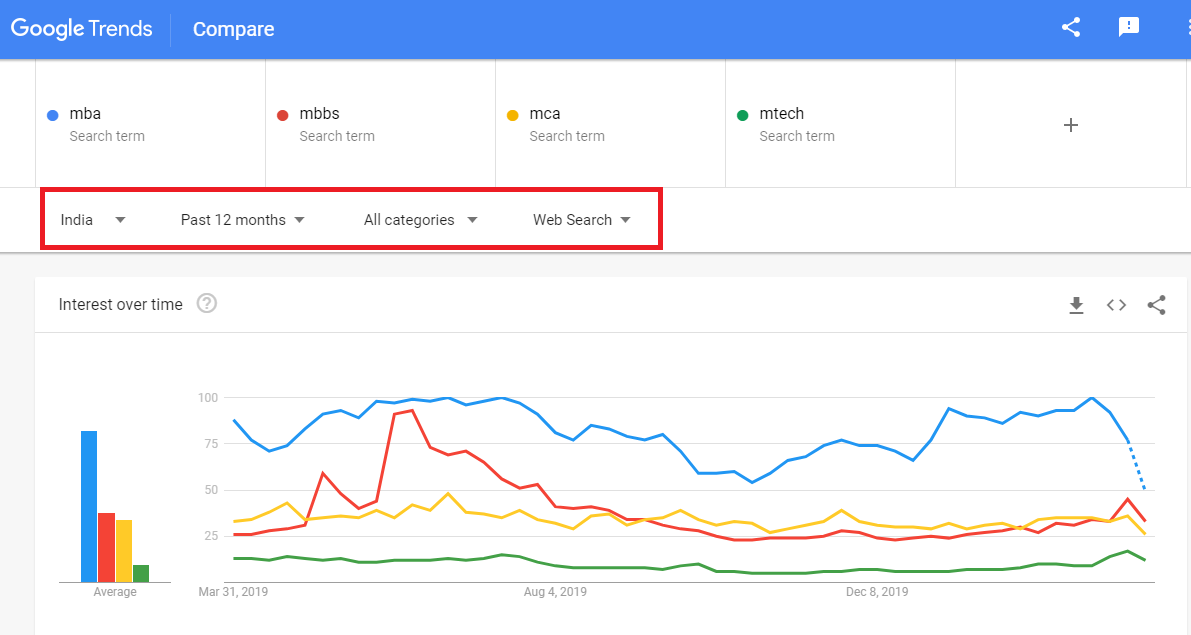COVID-19 IMPACT On MBA

Indian students may find it difficult to get the MBA College of their choice because of covid 19 impact the entire MBA/PGDM education. There could be extra enrolment pressure on Indian Business Schools to enroll students who are planning for overseas management program.
Those who apply for an MBA overseas either take the GMAT or the GRE. The number of Indian GMAT test-takers, on average as per GMAC (Graduate Management Admission Council) is around 30,000, out of which close to 80% applies to international programs.
GMAT testing on hold in India means till June 2020 GMAT will not conduct the test in India.
Approximately 3.0 lakhs students appear for entrance tests like CAT, XAT, CMAT, MAT and ATMA to get into the top 50 Business Schools.
Good News for Indian Business Schools:

As per AICTE as on March 25, 2020, there are a total of 407 Business Schools offering PGDM course pan India having approximately one lakh seats. If we talk about the top PGDM colleges/Business Schools in India the total seats could be close to 15,000, keeping in mind an average of 300 seats per school.
Now, the additional 24000 students who were expected to move overseas will stay back home and will apply to these business schools thereby making the admission difficult to those who intended to do MBA from India.
A survey done by one of the major US-based agency has discovered how potential international students are dealing with the coronavirus and the undulation effects for international student enrolment.
One respondent states: “I got selected into an MBA program in Hong Kong, however, I dropped the offer due to a few factors, one of them being the nearness to the coronavirus outbreak, and now I don’t want to waste one year so I have decided to study in India.”
Are you in a dilemma about whether to pursue an MBA degree from India or abroad? If so, then it’s worth figuring out the pros and cons involved in each case so that you’re in a position to make an informed decision.
You can check the Google Trend stats showing that the MBA is still in demand and will be having a bright future after this corona crisis. why? because businesses required more MBAs for business analytics, strategic management, financial analysis etc to overcome the downfall.

The coronavirus, or COVID-19, has caused devastating ripple effects and significant disruptions to industries worldwide.
To understand the impact on the higher education sector and its student mobility flows, Taxila asked prospective international students whether the coronavirus had impacted their plans to study abroad.
- As of March 25, the results reveal that an 81% of respondents said the global health crisis had affected their plans to study abroad, while 19% said it had not.
- Of those respondents whose plans had been impacted by a coronavirus, 73% said they now
intend to do there MBA locally in India. - Additionally, 16% said they now intend to study in a different country and only a minority of 11% said they may wait till next year.
Understandably, many respondents cited health concerns as the key reason why they decided to amend their study plans.
Another prospective student says the virus has already impacted many mba/pgdm students: “The coronavirus has affected so many people, either directly or indirectly, because so many of us were planning to go to Europe or China for our studies, but the outbreak of this disease has scared people away and now we wish to continue higher studies locally.” With such a large proportion of students deciding to defer until the health crisis has dissipated, universities abroad will have a tough time recruiting international students.
Conclusion: The COVID-19 indirectly will benefit the Indian Business Schools with better talent taking admission at home schools vis-à-vis the students who have planned their MBA from Indian Business Schools will find it difficult to get into the school of their choice. The advice to such students is they should book their seats immediately before the pressure of non-migrating students is felt by the Business Schools.
